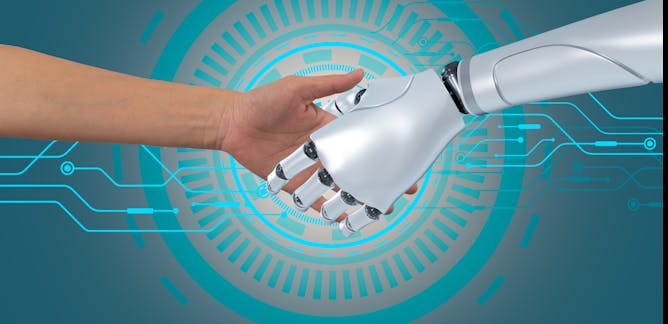
Articles on Computer programming
Displaying 1 - 20 of 35 articles

Learning to program requires mastering the nitty-gritty of code syntax. Generative AI turns out to be good at that. Adding AI to intro programming courses frees students to focus on problem-solving.

Microsoft Copilot can summarise meetings and even formulate arguments. But as good as that sounds, we shouldn’t blindly trust its accuracy.

Advanced artificial intelligence is new, but a similar idea has been around for hundreds of years: the power of a just-right sequence of numbers, letters or elements to animate matter.

Lovelace was a prodigious math talent who learned from the giants of her time, but her linguistic and creative abilities were also important in her invention of computer programming.
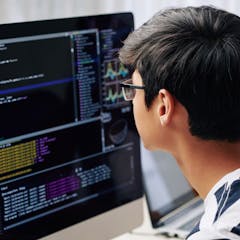
Teaching computer programming to youth can prepare them for the future job market, promote equity in tech professions and develop students’ computational thinking skills.
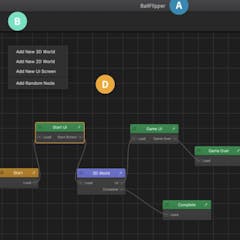
Developing software used to require programming skills. Today, a growing number of people are building websites, games and even AI programs without writing a line of code.

A government ad was slated for encouraging dancers to go into cyber security, but it actually contained a very good idea.

The first thing to know is that Siri is not a “who” – Siri is a “what”.
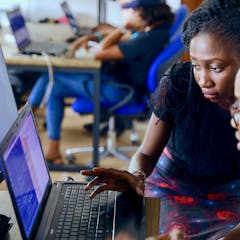
Learning to code is often presented as a solution to job market problems of the 21st century, but are students really learning the competencies they will need?
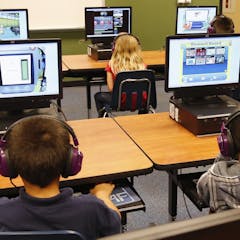
Past efforts to teach American students computer skills haven’t always helped workers get better-paying jobs. But spending on hardware and software for schools has certainly enriched tech companies.

Most of today’s computer languages make it hard for programmers to protect users’ privacy and security. The fix is to take those tasks out of human hands entirely.

Cyberdetectives look for digital doors or windows left unlocked, find electronic footprints in the dirt and examine malicious software for clues about who broke in, what they took and why.

Computer programming is best learned through practice, but students in developing economies don’t always have access to desktop or laptop computers. Mobile phones may be the solution.
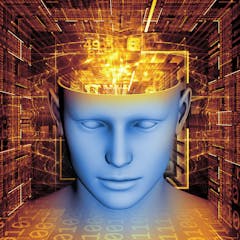
A long historical progression has brought technology to the masses – and will expand our capabilities as far as we can imagine.

Lovelace showed great insight into her subject and for that she’s still a hero to others.

Seymour Papert’s vision has helped computers become widespread in education today, and gave birth to the movement to teach children to program.

Too many girls are missing out on learning IT and computer programming skills that could serve them well in the future economy.

Google saves $9 billion, programmers and users get to keep a popular language and its apps – and a key Oracle product stays alive.
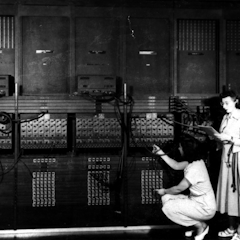
Virtually every researcher relies on computers to collect or analyze data. But when computers are opaque black boxes that manipulate data, it’s impossible to replicate studies – a core value for science.

Poetry is at the heart of technology. Did not Pythagoras find the connections between beautiful music and mathematics?
